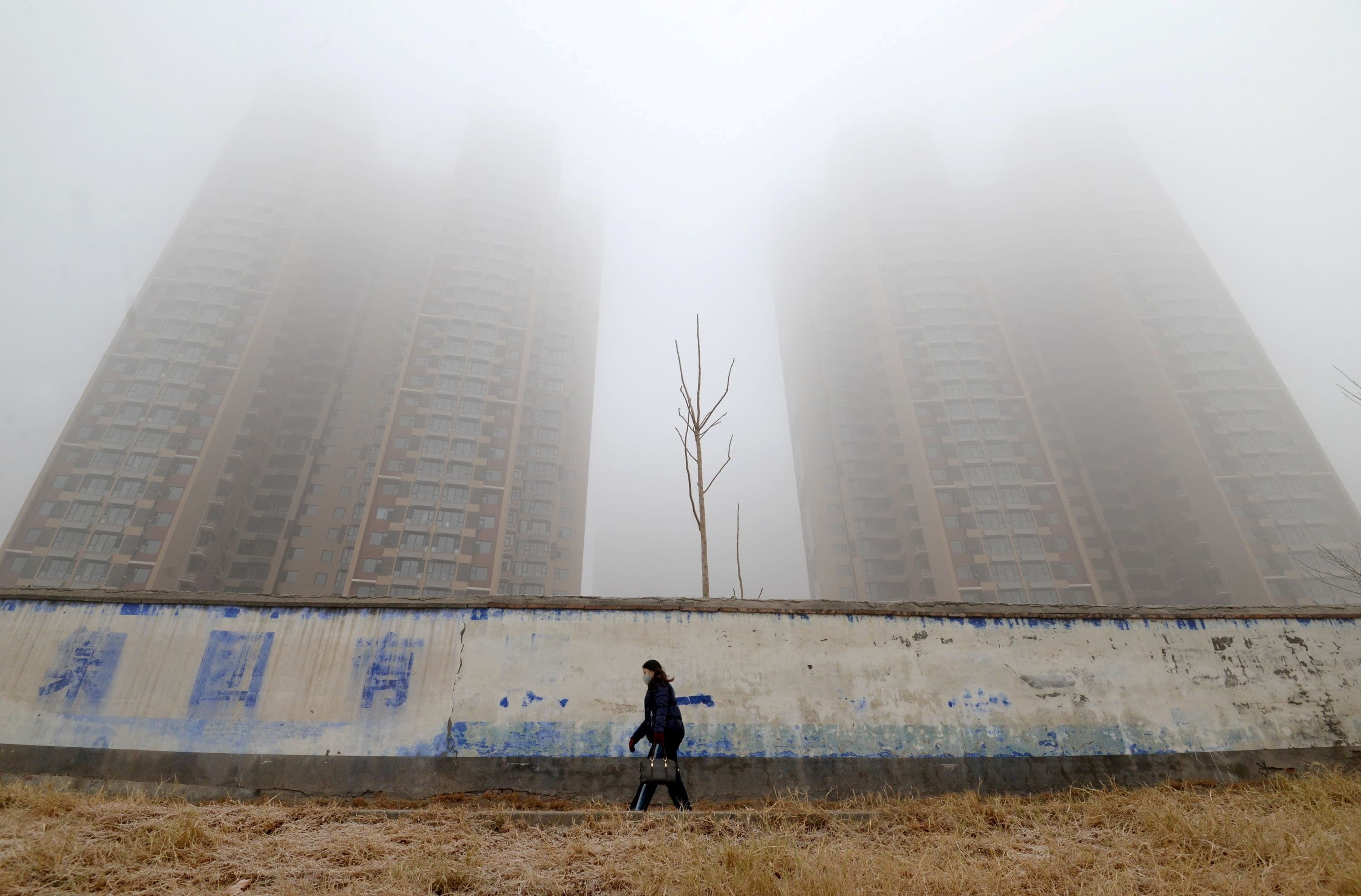ISLAMABAD: The world’s richest countries — including Finland, Iceland, the Netherlands and Norway — are providing healthier environments for children within their borders, yet they are disproportionately contributing to the destruction of global environment, putting the present and future of all children globally at risk, Unicef said in a new report released on Tuesday.
The majority of wealthy countries is creating unhealthy, dangerous and noxious conditions for children across the world, according to the latest ‘Report Card’ published by Unicef Office of Research — Innocenti.
The ‘Innocenti Report Card 17: Places and Spaces’ compares how 39 countries in the Organisation for Economic Co-operation and Development (OECD) and European Union (EU) fare in providing healthy environments for children.
Over 20 million children in this group of countries have elevated levels of lead in their blood. Lead is one of the most dangerous environmental toxic substances. Finland, Iceland and Norway rank in the top third for providing a healthy environment for their children, yet they rank in the bottom third for the world at large, with high rates of emissions, e-waste and consumption.
In Iceland, Latvia, Portugal and the United Kingdom 1 in 5 children is exposed to damp and mould at home; while in Cyprus, Hungary and Turkey more than 1 in 4 children is exposed. Many children are breathing toxic air both outside and inside their homes.
Mexico has among the highest number of years of healthy life lost due to air pollution at 3.7 years per thousand children, while Finland and Japan have the lowest at 0.2 years.
In Belgium, Czech Republic, Israel, the Netherlands, Poland and Switzerland more than 1 in 12 children are exposed to high pesticide pollution. Pesticide pollution has been linked with cancer, including childhood leukaemia and can harm children’s nervous, cardiovascular, digestive, reproductive, endocrine, blood and immune systems.
Published in Dawn, May 25th, 2022














































Dear visitor, the comments section is undergoing an overhaul and will return soon.